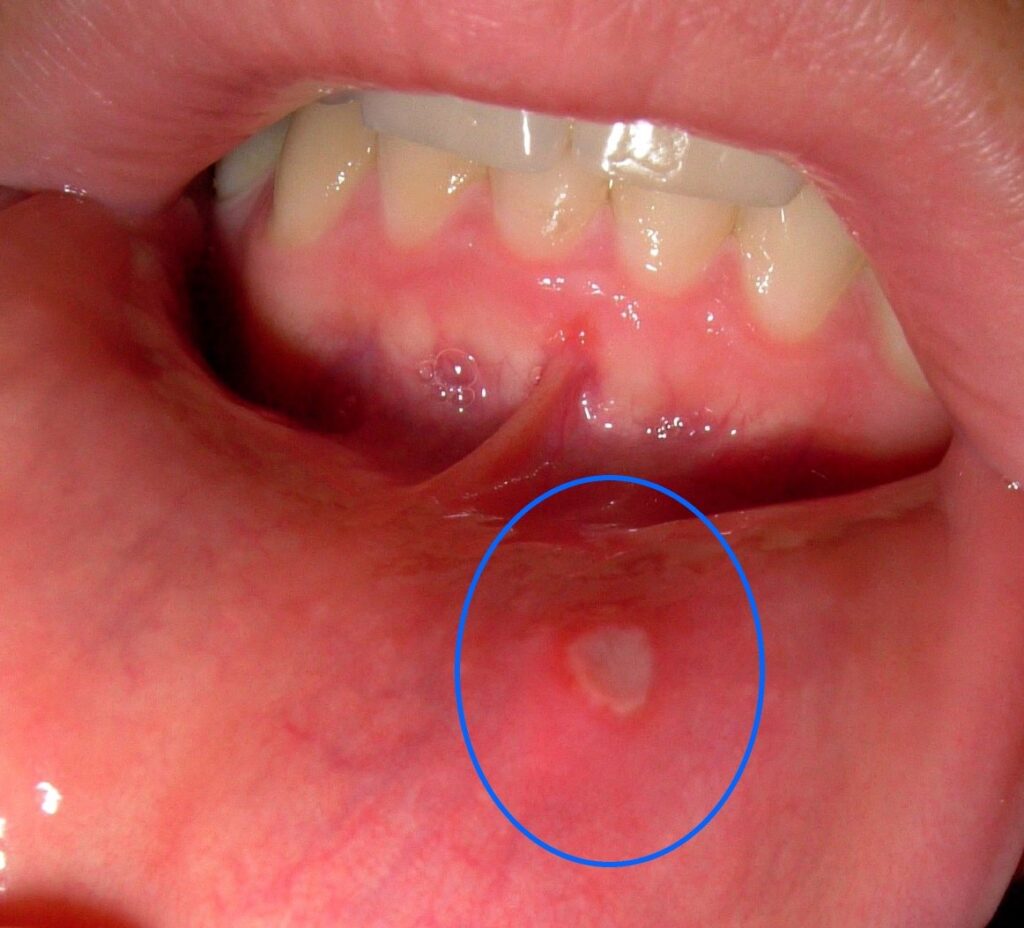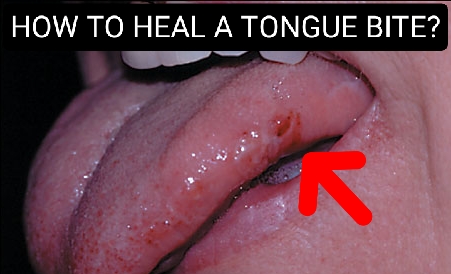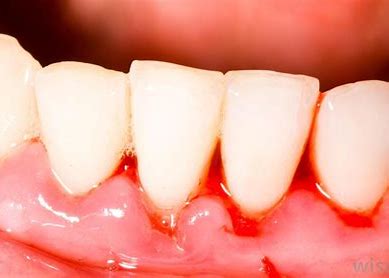Mouth ulcers are one of the most common problems and Dealing with oral ulcers can be a real pain in the…mouth! If you’re struggling with these pesky sores, you’re not alone. From stress to viral infections, there are many possible causes. But don’t suffer in silence – there are plenty of remedies that can help soothe the discomfort and speed up the healing process. Try gentle mouthwashes, OTC meds, and natural remedies like aloe vera or honey. And of course, don’t forget to stay hydrated and avoid spicy foods while you heal. Let’s beat these mouth ulcers once and for all!
Let’s understand the what, why and how of mouth ulcers. In this article, you will get all your answers about How To Cure Mouth Ulcers?
What Are Mouth Ulcers?
Oral ulcers, also known as canker sores, are small and shallow breaks and lesions that develop on the soft tissues in the mouth. They are a painful and uncomfortable condition that can be caused by various factors. In this article, we will explore the causes and symptoms, types, prevention, line of treatment, and home remedies of oral ulcers.

Causes and Symptoms of Oral Ulcers
The exact causes of oral ulcers are unknown, but certain factors can trigger their development. A few common causes of oral ulcers include:
1. Stress or hormonal changes
2. Poor nutritional habits
3. Trauma to the mouth
4. Underlying medical conditions, such as celiac disease
5. Infections, such as the herpes simplex virus
Symptoms of mouth ulcers include:
1. Pain, soreness, or tenderness in the affected area
2. Small, round, and white or yellow sores with a red border
3. Swelling or redness around the affected area
4. Difficulty with eating, drinking, or talking
Types of Oral Ulcers
There are three main types of oral ulcers:
1. Minor ulcers:
These are the most common type of oral ulcer. They are small and shallow sores that typically heal within a week or two.
2. Major ulcers:
These are larger and deeper sores that can be more painful and take longer to heal. They can leave scars in severe cases.
3. Herpetiform ulcers:
These are small clusters of sores that can merge to form more significant and irregularly-shaped ulcers. They can be very painful.
How To Prevent Mouth Ulcers?
Prevention of Oral Ulcers

While it is not always possible to prevent the development of oral ulcers, there are certain things that can help to reduce the risk of their development. A few preventive measures include:
1. Eating a healthy and balanced diet that includes vitamins B12 and iron.
2. Reducing stress by practicing relaxation techniques like yoga and meditation.
3. Avoiding trigger foods such as spicy foods, citrus fruits, and acidic foods.
4. Maintaining good oral hygiene habits like brushing twice a day and flossing daily.
How To Treat Mouth Ulcers?
Line of Treatment for Oral Ulcers
Oral ulcers will usually heal without treatment. However, if the ulcers are causing significant pain or discomfort, there are several treatments that can help to ease symptoms, including:
1. Topical treatments: Over-the-counter ointments, gels, or creams that contain benzocaine or other numbing agents can help to relieve pain and discomfort.
2. Prescription medications: If the ulcer is severe or if it is caused by an underlying condition, prescription medications, such as corticosteroids or antiviral medications, may be prescribed to help manage symptoms.
3. Laser therapy: Laser therapy can help to reduce pain, speed up the healing process, and reduce the chances of recurrence.
How To Cure Mouth Ulcers Fast Naturally?
Home Remedies for Oral Ulcers
There are various home remedies that can provide relief from the symptoms of oral ulcers, that can help cure mouth ulcers or speed up the healing process. Here are a few:

1. Coconut oil: Apply pure coconut oil on the affected area using a cotton swab or your finger. The oil contains antimicrobial properties that can help reduce inflammation and promote healing.
2. Honey: Dab some raw honey on the ulcer. The antibacterial properties of honey can help reduce the risk of infection and promote healing.

3. Aloe vera: Cut a fresh aloe vera leaf and extract the gel. Apply the gel directly on the ulcer. Aloe vera has healing and anti-inflammatory properties that can help soothe the ulcer and accelerate the healing process.

4. Saltwater rinse: Mix a teaspoon of salt in a glass of warm water and rinse your mouth with it. This is a natural way to reduce inflammation and relieve pain.

5. Chamomile tea: Brew a cup of chamomile tea and let it cool. Rinse your mouth with the tea or apply a chamomile tea bag directly on the ulcer. Chamomile has anti-inflammatory and antibacterial properties that can help reduce pain and promote healing.
Conclusion
Oral ulcers, or canker sores, are a common condition that can cause significant pain and discomfort. While the exact causes are unknown, they can be triggered by certain factors. While oral ulcers will usually heal without treatment, there are several treatments and home remedies that can help to manage symptoms. By maintaining good oral hygiene habits, eating a healthy and balanced diet, and reducing stress, it is possible to reduce the risk of developing oral ulcers and promote good dental health. If you are experiencing persistent or severe oral ulcers, it is recommended to seek professional dental care for diagnosis and treatment.
FAQs
Q: What are mouth ulcers?
A: Mouth ulcers, also known as canker sores or aphthous ulcers, are small, painful lesions that appear in the mouth. They may appear on the tongue, lips, gums, or inside of the cheeks.
Q: What causes mouth ulcers?
A: The exact cause of mouth ulcers is unknown, but some of the common triggers include stress, injury to the mouth, hormonal changes, certain foods, and infections.
Q: Can mouth ulcers be contagious?
A: No, mouth ulcers are not contagious, which means they cannot be spread from one person to another.
Q: How long do mouth ulcers last?
A: The duration of mouth ulcers varies, but most ulcers heal within 1-2 weeks without any treatment.
Q: What are the symptoms of mouth ulcers?
A: The symptoms of mouth ulcers include pain, burning or tingling sensation in the affected area, swollen lymph nodes, and difficulty in eating or speaking.
Q: How can mouth ulcers be treated?
A: Most mouth ulcers do not require any treatment and heal on their own. However, if they persist for more than 2 weeks, a dentist or doctor may prescribe medications such as mouthwashes, gels, or creams to reduce pain and inflammation.
Q: Can mouth ulcers be prevented?
A: While there is no surefire way to prevent mouth ulcers, some tips for reducing the risk include avoiding trigger foods, practicing good oral hygiene, and managing stress.



